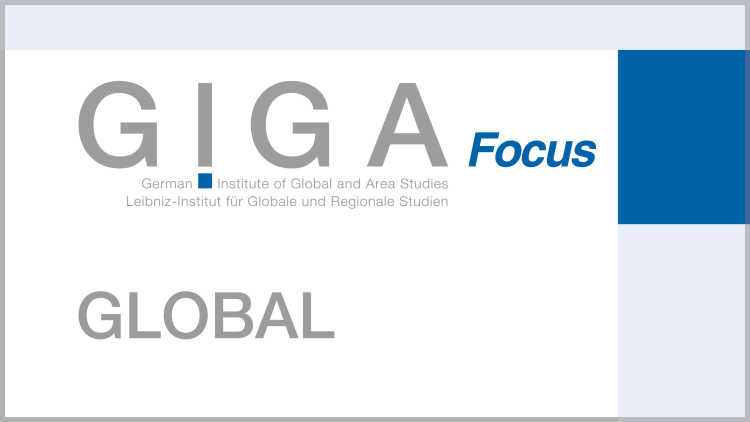- Home
- Publications
- GIGA Focus
- Go South! India "Discovers" Africa and Latin America
GIGA Focus International Edition English
Go South! India "Discovers" Africa and Latin America
Number 4 | 2013 | ISSN: 1862-3581
In August 2012, India’s first dialogue with the Community of Latin American and Caribbean States (Comunidad de Estados Latinoamericanos y Caribeños, CELAC), founded in 2010, took place in New Delhi. Following India’s “rediscovery” of Africa, this demonstrated India’s interest in forging closer political ties with Latin America.
Analysis
Since the 1990s, India has been globalizing its foreign policy. Having initially focused on Southeast and East Asia, India has looked to extend its relationships with Africa and Latin America in recent years. The driving force behind India’s diversification of foreign policy to the global South is, on the one hand, economic interests, and, on the other, the quest for recognition of India’s ascent to great power status.
India’s renewed engagement in Africa began with Indian businesses’ Investments in the raw material sector. Through a number of development activities and with the participation of Indian soldiers in United Nations (UN) peacekeeping operations,the Indian government has been signaling to the international community its readiness to act as a responsible (potential) great power. Security policy interests are the reason for different kinds of security cooperation with East African states inthe Indian Ocean region – an area India considers to be part of its extended regional neighborhood.
Indian-owned businesses have become increasingly active in Latin America since the beginning of the twenty-first century. This is, however, not only due to the region’s resource wealth, but also to its potential as a market for Indian products andas an investment location. Foreign policy has only recently started to follow the economy, as shown by New Delhi’s hosting of the India-CELAC Foreign Ministers’ Dialogue in 2012.
India remains, however, far behind China. Despite India’s growing engagement in Africa and Latin America, these regions are not of primary importance in the overall context of Indian foreign policy, which is still very much focused on security threatsthat spill over from the immediate regional vicinity.
Footnotes
Regional Institutes
Research Programmes
How to cite this article
Destradi, Sandra, and Eva Küssner (2013), Go South! India "Discovers" Africa and Latin America, GIGA Focus International Edition English, 4, Hamburg: German Institute for Global and Area Studies (GIGA), http://nbn-resolving.de/urn:nbn:de:0168-ssoar-338230
Imprint
The GIGA Focus is an Open Access publication and can be read on the Internet and downloaded free of charge at www.giga-hamburg.de/en/publications/giga-focus. According to the conditions of the Creative-Commons license Attribution-No Derivative Works 3.0, this publication may be freely duplicated, circulated, and made accessible to the public. The particular conditions include the correct indication of the initial publication as GIGA Focus and no changes in or abbreviation of texts.
The German Institute for Global and Area Studies (GIGA) – Leibniz-Institut für Globale und Regionale Studien in Hamburg publishes the Focus series on Africa, Asia, Latin America, the Middle East and global issues. The GIGA Focus is edited and published by the GIGA. The views and opinions expressed are solely those of the authors and do not necessarily reflect those of the institute. Authors alone are responsible for the content of their articles. GIGA and the authors cannot be held liable for any errors and omissions, or for any consequences arising from the use of the information provided.




